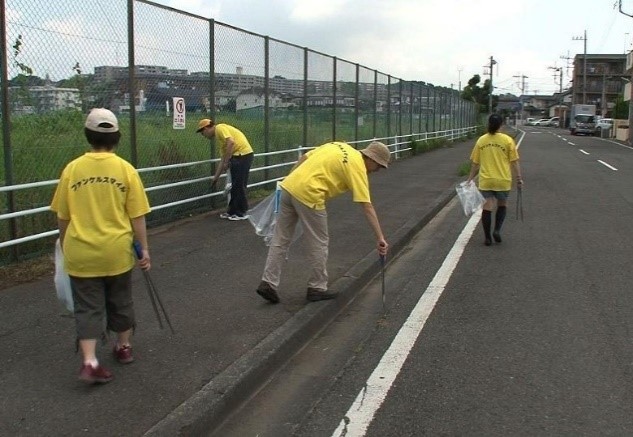

The G30 Plan aimed to reduce waste based on the principles of “polluter pays” and “extended producer responsibility (EPR).” Polluter pays principle is a practice whereby those who produce pollution should bear the costs of managing the impacts of pollution to prevent damage to the environment. The EPR principle makes manufacturers responsible for the entire lifecycle of the products and packaging they produce. The city succeeded in achieving the goals of G30 Plan by defining the roles of stakeholders based on the above principles. The role of the citizen is to change their lifestyle to be environmentally-friendly and sort garbage properly. The business sector is expected to create products that would generate less waste and is also required to collect and recycle their discarded products under the concept of EPR. Finally, the government’s role is to create systems for 3Rs, raise the awareness of citizens, and provide information on the 3Rs.
- Public initiative to involve citizens and private companies in solid waste management
- Various community-based approaches done by the city to reduce solid waste
Citizens, companies, and governments have own roles to play with shared responsibilities in solid waste management. Defining these roles pushes all the stakeholders to take voluntary actions in order to achieve the common goal of waste reduction. Community-based approaches to raise public awareness by local governments and non-profit organizations also encourage citizens and companies to change their life-style to more environmentally-friendly.